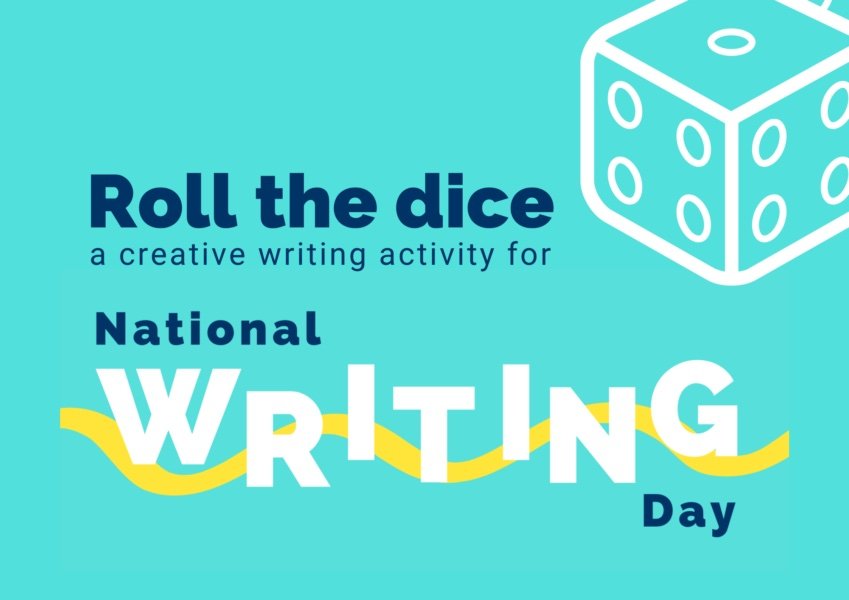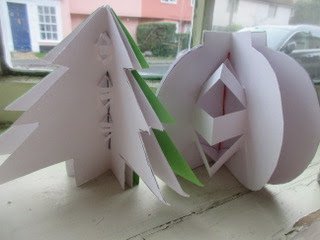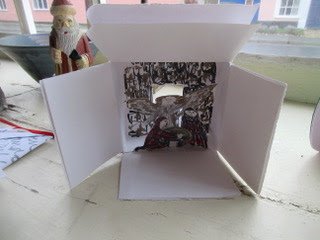As I was writing my last post about feeding the inner writer, and planning further posts about the many ways in which we can do so, I wondered if I should have begun with the second piece of advice Anne Enright gives the writing teacher: ‘keep her safe.’ Here is the paragraph from her essay, ‘This is the gig’.
The job of the teacher in these hazy, dangerous circumstances is to feed the student and to keep her safe. Angela Carter did the first, with a scattering of photocopies, musings and anecdotes (she never mentioned my work, I think), and Malcom Bradbury did the second, by smiling a lot, and liking books, and keeping quiet (I don’t think he mentioned my work either –I might be wrong). The other students did mention my work; they had various opinions about it, but that was fine, because Malcom was there to like us all, and keep us safe.
[In Foden, G. editor (2011) Body of Work. Woodbridge, Suffolk: Full Circle Editions.]
If we are to write well, if we are to write at all, we need to feel safe. If we are to write what is important to us, we need to feel safe. If we are to take those all-important risks, we must feel safe. Malcom Bradbury smiled a lot and liked them all. That is the first thing we need to be able to do: to like our students. It is not always easy. We can begin by discovering what is interesting, what is good, what is particular to each person. Writing can be a wonderful way of making those discoveries about a person.
We must stop imposing our ideas of what ‘proper’ writing should be like and be open to what young writers bring to us. If they are worried about producing ‘the right thing’, they are less likely to feel safe, and less likely to write well. We have to stop ourselves fretting about correctness; stop allowing that to be the first thing we think about when we propose a task or when we hear or read what has been written. Let us be surprised and delighted. Let us take young writers seriously as Michael Armstrong does, recognising them as having the same desires and impulses as an adult artist may have. They simply have less experience to draw upon.
We do have a responsibility to introduce children to what we know about writing, to help them understand conventions and even some rules, to introduce them to as much of the cultures of the world as we are able. We do not have to impose any of this upon them as the only way. Alison Gopnik (2009) suggests that the prolonged period of immaturity that is unique to humans is bound up with the human capacity for change. She says:
An animal that depends on the accumulated knowledge of past generations has to have some time to acquire that knowledge. An animal that depends on imagination has to have some time to exercise it. Childhood is that time.
[Alison Gopnik (2009) The Philosophical Baby. Bodley Head: London.]
When we are children we are devoted to learning about our world and imagining all the other ways that world could be. When we become adults we put all that we’ve learned to use.
The writing classroom can be a wonderful place for discovering who we are and what we have come from. It is a place where we can think on paper and where we can use our imaginations. It is a place where we constantly learn from each other, no matter our age, our personal experiences. For me, one of the most exciting things about a writing workshop is that one can never really predict what is going to happen. One of my great pleasures is to see a writer reading their work aloud and discovering from those around them that their writing has worked in ways they hadn’t fully believed were possible.
That excitement does not come if we have already pinned down our writers so tightly that surprise is not only unlikely but is probably unwelcome. We must trust our writers and they must trust us. They must know that we are interested in what they have to write and that we are interested in the ways in which they write.
Now that I have written this much, I realise that before we think about keeping children safe so they may write well, we need to feel safe ourselves. In my next post, that is what I will think about. In the meantime, consider the ways in which you keep the writers you work with safe. We should love to hear from you.





























